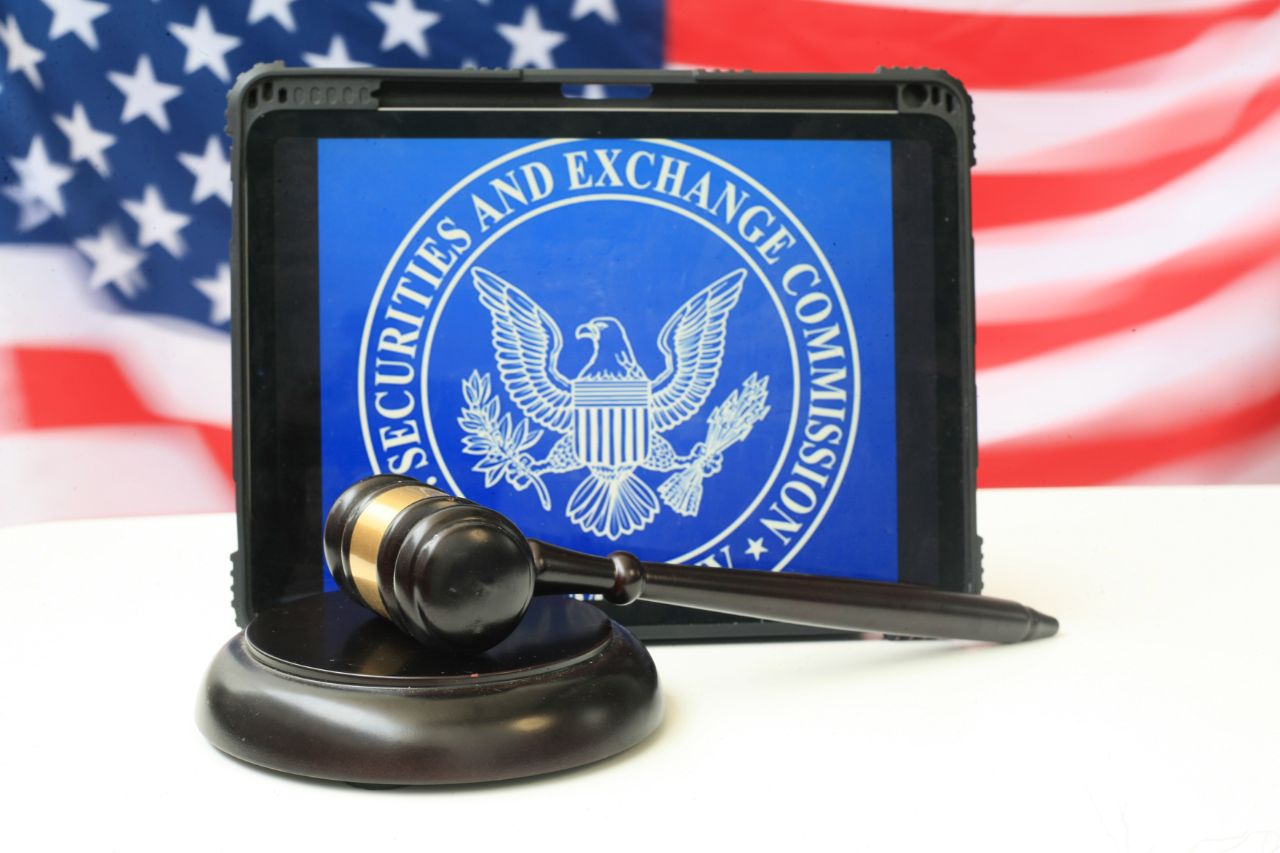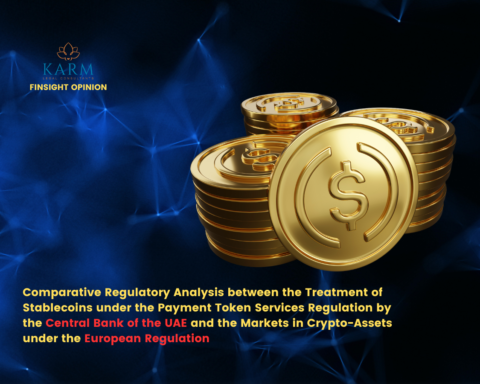- The US Securities and Exchange Commission (SEC) has charged Coinbase Inc., a prominent cryptocurrency trading platform, with operating as an unregistered securities exchange, broker, and clearing agency.
- The SEC alleges that Coinbase has been facilitating the unlawful buying and selling of crypto asset securities since 2019, making billions of dollars in the process.
- According to the SEC, Coinbase has been offering services of an exchange, broker, and clearing agency without registering any of these functions, thereby depriving investors of significant protections.
- Coinbase Global Inc., the holding company of Coinbase, is also held accountable in the SEC’s complaint, as it’s considered a control entity.
- The SEC also alleges that Coinbase has been engaging in an unregistered securities offering through its staking-as-a-service program since 2019, depriving investors of crucial disclosure and protections.
- SEC Chair Gary Gensler criticized Coinbase for allegedly operating outside of securities laws, resulting in potential investor risks.
- Gurbir S. Grewal, Director of the SEC’s Division of Enforcement, warned against ignoring the rules for the sake of convenience or preference.
- The SEC’s complaint, filed in the U.S. District Court for the Southern District of New York, seeks injunctive relief, disgorgement of ill-gotten gains plus interest, penalties, and other equitable relief against Coinbase and Coinbase Global Inc.
- A multi-state task force of ten state securities regulators, led by California, is supporting the SEC’s case.
The US Securities and Exchange Commission (SEC) has accused leading cryptocurrency trading platform, Coinbase Inc., of functioning as an unregistered securities exchange, broker, and clearing agency, according to an official press release issued yesterday, June 6, 2023.
The charges are part of a broader enforcement action brought by the SEC, claiming that Coinbase has been unlawfully facilitating the purchase and sale of cryptocurrency assets since 2019. During this period, Coinbase reportedly made billions of dollars from such activities. The SEC alleges that the company is in violation of federal securities laws, having failed to register its services as required.
Through its unregistered services, Coinbase reportedly provides a marketplace for securities transactions, brings together multiple buyers and sellers, and facilitates the settlement of crypto asset securities transactions. The SEC argues that this deprives investors of significant protections including routine inspections by the SEC, recordkeeping requirements, and safeguards against conflicts of interest.
Coinbase’s holding company, Coinbase Global Inc. (CGI), is also implicated in the SEC’s complaint as a controlling entity and is held accountable for certain violations.
The SEC also alleges that Coinbase has been conducting an unregistered securities offering through its staking-as-a-service program since 2019. The program allows customers to profit from the “proof of stake” mechanisms of certain blockchains and Coinbase’s efforts. The SEC asserts that Coinbase failed to register the offers and sales of this staking program, thereby denying investors crucial disclosure and protections.
SEC Chair Gary Gensler commented, “We allege that Coinbase, despite being subject to the securities laws, commingled and unlawfully offered exchange, broker-dealer, and clearinghouse functions.” Gensler emphasized that Coinbase’s alleged failures deny investors of crucial protections against fraud, manipulation, and conflicts of interest.
Gurbir S. Grewal, Director of the SEC’s Division of Enforcement, warned that companies cannot ignore regulations just because they disagree with them or would prefer different ones, emphasizing the potential risks for investors.
The SEC’s complaint, lodged in the U.S. District Court for the Southern District of New York, seeks injunctive relief, disgorgement of ill-gotten gains plus interest, penalties, and other equitable relief against Coinbase and CGI. The case is supported by a task force of ten state securities regulators led by California and includes Alabama, Illinois, Kentucky, Maryland, New Jersey, South Carolina, Vermont, Washington, and Wisconsin.













